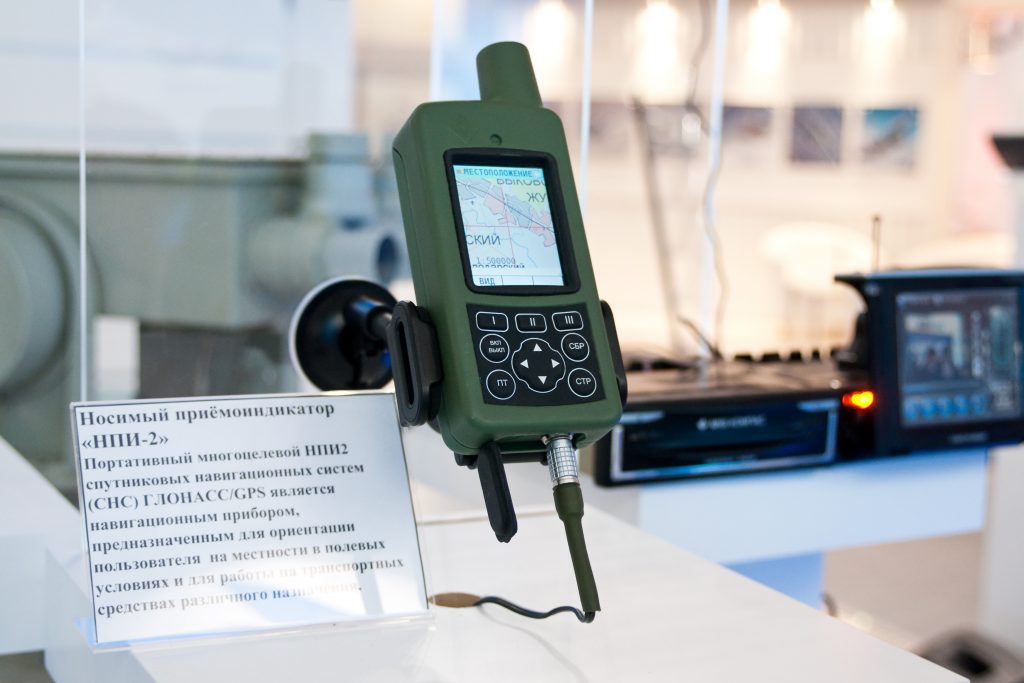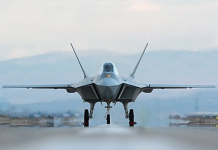
The Russian army will receive GPS and GLONASS navigation receivers developed in-house for improved situational awareness. Rostec subsidiary Roselectronics has already reworked the analogue. These are hand-held remotes with built-in global positioning antennas, according to Rostec.
According to the company, production will begin this year. The Russian GPS and GLONASS receiver was created to meet the needs of special operations, such as military and special forces operations. According to Rostec, it can be integrated into special-purpose military equipment. Roselectronics intends to release a version “embedded in a civilian product” for the civilian market.
Omsk Research Institute [ORI] created the technology. Roselectronics’ structure includes it. According to Russian sources, samples have already been tested and the results are excellent. According to Rostec, ORI has developed technology for the manufacture of passive radiators. High-temperature ceramics are “stepped” on in this technology. The overall system has a high dielectric constant.
According to ORI Director General Vladimir Berezovsky, the new receivers are intended to ensure Russia’s technological sovereignty. According to him, Russian product is cheaper than “foreign models”. “We intend to begin mass production in 2023,” said Berezovsky.
Developed by Russian scientists
The new GPS and GLONASS systems were created by young Russian scientists. Specialists in science and technology were involved in the development. The portable remote antenna gained popularity among Russian public high-tech developments after winning the Russian Union of Scientific and Engineering Public Associations “Hope of Russia” Youth Award for the Russian Federation’s priorities of scientific and technological development.
The Russian equivalent of dissonance receivers is encouraging for the digital engineering technology industry. Especially in light of the Western sanctions imposed in response to the invasion of Ukraine on February 24, 2022. We remind you that the West took steps to prevent the access and import of microchips, integrated circuits, and semiconductors from Russia by a large portion of the world’s manufacturers.
This news, along with the acquisition of Elbrus, a microchip and integrated circuit company, suggests that Moscow is attempting to wean itself off of its reliance on Western technology. Elbrus was purchased by Rosatom in mid-February of this year.
Russia’s real problem is a lack of production capacity, not a lack of intellectual potential. Russia, it turns out, has specifications and drawings for the required integrated circuits and chips, but no production. Until now, and even now, Russia has imported as much Western-made electronics as possible under the circumstances.
This is where Rosatom enters the picture. According to Russian analysts, the incorporation of the state corporation is a step forward for future photolithography equipment production in Russia and the construction of new semiconductor plants in the country, both of which are critical in the sanctions era.
However, it appears that Russia will be unable to use newly manufactured chips in Ukraine during the conflict. It will take a long time to build a future factory for microchips and processors. According to some experts, if this occurs within the optimal time frame, it could take up to two years. According to experts, Moscow’s plan is primarily aimed at establishing a future Russian microchip and processor industry.




